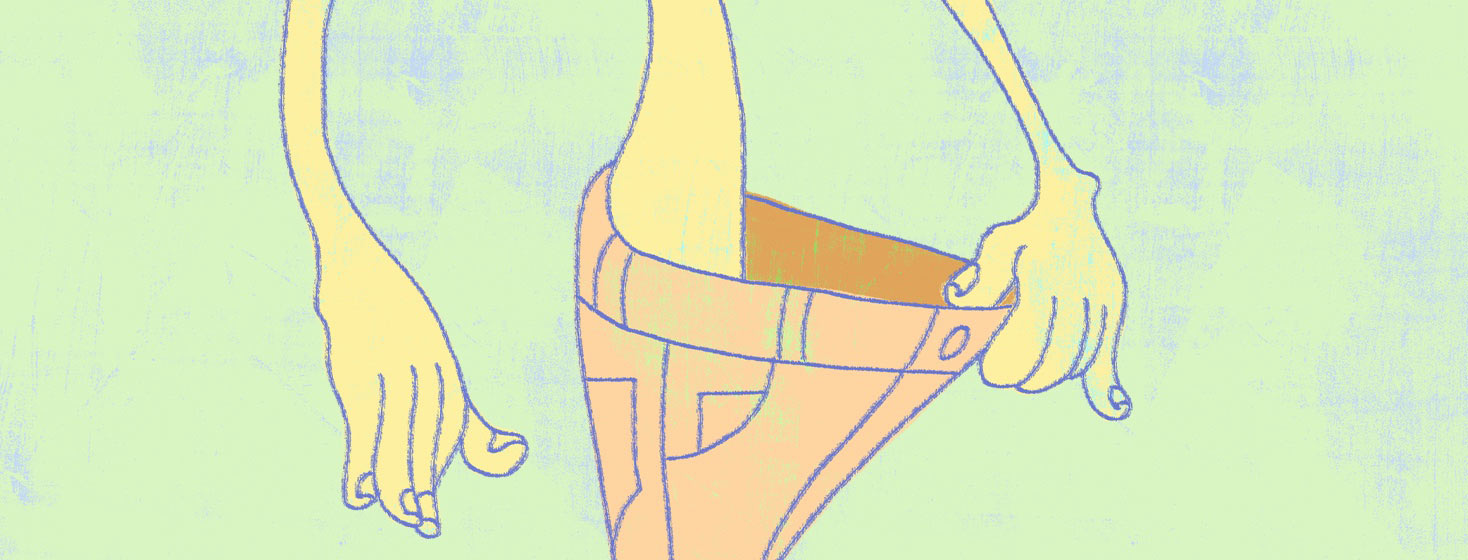The Battle for a Healthy Weight
When my Infectious Disease doctor started treating me, I was 100 pounds at 5 feet, 8 inches. She initially believed that getting my antiviral medication sorted out would help me.
We tried all the medications used by cancer patients to increase appetite. I had no success with any of them. Additionally, many of those medications were expensive.
Weight management and HIV
Ultimately, there were many issues contributing to my being underweight. While my lack of appetite was a major issue, there were other factors. For me, these factors included things such as dental issues, nausea, the effects of isolation, and the ability to acquire food.
1. Dental issues
When I was diagnosed with HIV/AIDS, it was a complicated situation. Unfortunately, nobody took the time to inform me about dental and oral issues related to HIV. I went from somebody with basically no dental issues to having them left and right.
I would end up with oral thrush so much that my doctor would give me refills on the medication for it.
Even worse, I would have issues with teeth cracking or wearing down. These issues made it uncomfortable for me to eat.
2. Nausea
To this day, managing nausea is one of my biggest challenges.
I receive a monthly prescription for anti-nausea medications. Sometimes, this medicine is the only way I can combat nausea to either eat or drink. I have tried ginger and some other home remedy things without much luck. I am having a rough go with it as I write this evening.
3. Effects of isolation
I spent most of my days with just my dog. While I was not an overly active person, I did not realize how little food I consumed. Like most people, I ate when I felt hungry. The problem was that I did not feel hungry often enough.
There would also be times that I would feel a little hungry, but it was close to bedtime. In these situations, I would just go to bed. It was a problem for another day. Honestly, it was more important to me that he ate, than that I ate.
4. Food availability
Having access to food can be a complicated issue for many individuals who are battling HIV/AIDS. It is especially complicated when it comes to acquiring healthy and fresh foods. Most people who shop at grocery stores can tell how expensive it is to buy fresh vegetables and fruit.
While there are some assistance programs such as the local food bank, they only provide certain fundamental components. In most cases, they will provide frozen meat (2 if you are lucky), a few canned goods, a few things like pasta, some milk, and bread. You may randomly receive some fruit that’s going bad.
This does not sound bad, but you can only go twice a month. This is not enough for one person, much less a family.
Support: my battle defense
The biggest support that I found was the local HIV community support organizations.
Community-based organizations
I was able to find a dentist that used a poverty sliding scale for the needed work. Additionally, they reached out to Ryan White for a grant to cover what would be my cost. There is a huge difference when it comes to eating when every bite does not hurt.
In addition to the twice a month food pantry that the local food bank provides, the HIV support organization provides a once-a-month deal during the month. It's not a perfect solution, but I am learning to grocery shop on a budget.
More visits with my sister
I have balanced my isolation with visiting my sister more often. When I go to her house, I can always bring my dog. The kids love him, plus she always has food!
I have a long way to go in order to be able to say I have it all figured out, but I am getting there.
Have you faced any of these issues when it comes to attaining a healthy weight?

Join the conversation